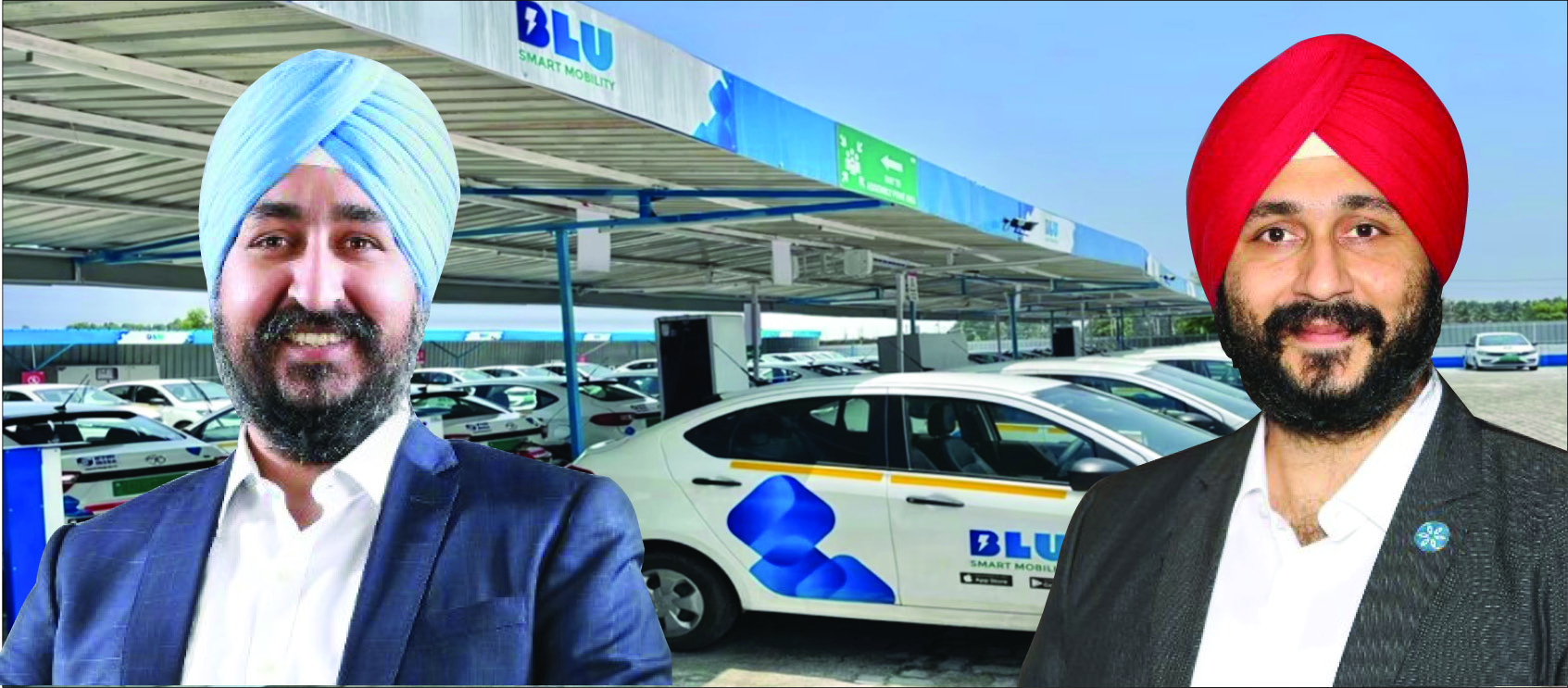
New Delhi, April 18 -- Does India have one of the worst app cab experiences? I would think so; and many would agree. Frequent refusals, delays, and steep surge prices have made ride-hailing services a hassle, and at times, a harassment. Unhygienic, smelly, mosquito-infested, ill-maintained vehicles with zero shock-absorbers have literally been a pain in the derriere. To put our passenger woes to rest, rolled in BluSmart with its impeccable electric vehicles, courteous drivers, and no cancellations. Even at a slightly premium cost, it was worth it! Senior citizens quickly became one of the brand's many benefactors; the convenience and reliability meant no need for drivers on domestic payrolls. As the BluSmart-Gensol saga unravelled, it's safe to say that their senior citizen customers would have been heart-broken.
In a stark reminder of Fortis Healthcare promoters and brothers, Shivinder and Malvinder Mohan Singh, Anmol and Puneet Singh Jaggi, the promoters of Gensol Engineering Limited, have been hauled up by markets regulator, the Securities and Exchange Board of India (SEBI), for misusing funds. While the publicly listed renewable energy and EV leasing company was set up in 2012, BluSmart was born in 2019 under the name - Gensol Mobility - before its rebranding, with Anmol as one of the co-founders. Soon, BluSmart became the largest customer of Gensol Engineering with almost 87 per cent of its fleet being leased from Gensol. Trouble started when the Jaggi brothers took a loan of Rs 978 crore from two public sector enterprises, Indian Renewable Energy Development Agency (IREDA) and Power Finance Corporation (PFC). And instead of using it to finance the purchase of 6,400 EVs that would be leased to BluSmart, swindled some of it for personal gains. SEBI found that only 4,704 vehicles were purchased, with Rs 262 crore allegedly diverted to buy an uber-luxurious flat in one of India's most expensive apartment complexes - The Camellias in Gurgaon, to fund personal expenses such as international travel, golf clubs, and credit card bills, and passed into the hands of family members. SEBI has barred the Jaggi brothers from management roles in Gensol Engineering and has also banned them from capital markets. With this, BluSmart's ability to raise future funds looks impossible. With a shaky future ahead, BluSmart has shuttered operations for the moment with likely survival plans of becoming Uber's fleet partner.
This controversy once again draws attention to lax governance of Indian startups. In recent years, several startups such as Byju's, BharatPe, Zilingo, Trell, and others, have made the news for lack of transparency, unethical practices, poor internal audit systems, and largely financial impropriety. The Jaggi brothers' financial mismanagement of Gensol Engineering has had a ripple effect on BluSmart raising concerns on justness of lease rates and absence of shareholder consent. And while customers can rue their plight; we must think of the 10,000 active drivers whose futures hang in the balance.
The latest fiasco also threatens to implicate the entire Indian startup ecosystem as being an opaque system where ethics and good governance are often bent, side-stepped, or egregiously denied. Incidents like these allow people to pass obnoxious statements such as, "80 per cent startups in India are nothing but a racket". While this may be a hyperbolic comment, the fact that startup governance continues to have loopholes is a matter of serious thought. After the BluSmart news broke, several investors lamented on LinkedIn as to why they didn't invest or had made early exits out of BluSmart on suspicions of wrong doings. Here's some food for thought - how should investors and other stakeholders draw attention to alleged malpractice without the need for a government regulator? Could an independent industry body pick up the cudgels? Or would they be termed as biased and lacking in objectivity? Involving the government would mean relinquishing autonomy and inviting increased administrative interference into a high-growth segment fuelled by innovation and speed. So, can the ecosystem self-regulate? The boards that govern these startups will also need to be more vigilant and exacting in matters of compliance. Independent directors and auditors can't remain silent spectators; they too must step in to keep founders in check, or be equally culpable. It's a sticky wicket for sure, but one that the startup and investor community must urgently navigate to ensure that the fall-out of such incidents do not chip away the credibility and trust reposed in the ecosystem.
The writer is an author and media entrepreneur.Views expressed are personal
Published by HT Digital Content Services with permission from Millennium Post.
